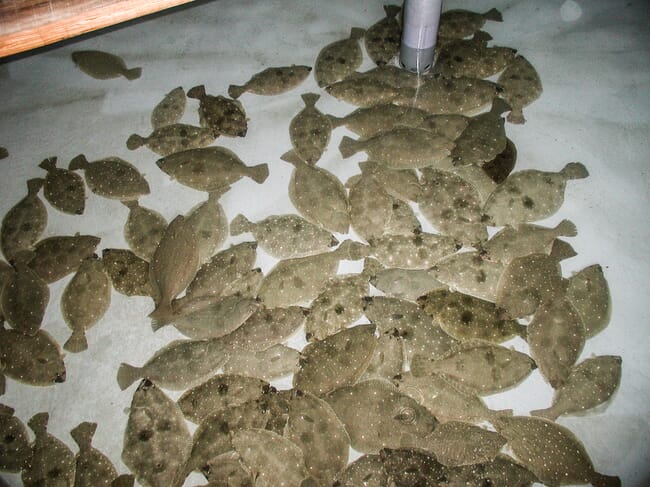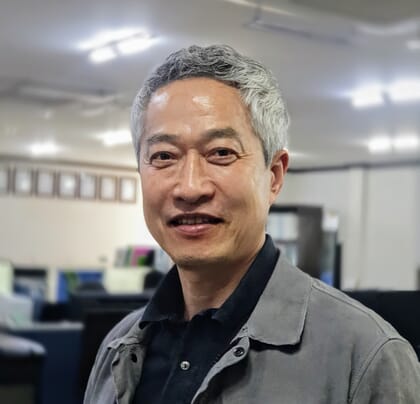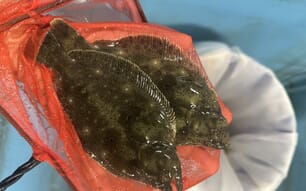
Demand for the species is growing in East Asia © BluGen
Construction of the 676,000 square feet facility in Goheung, South Korea began in 2021 and is currently 60 percent complete. The RAS facility will include:
- A hatchery and nursery with the capacity to produce up to 80 million juveniles per year – both for ongrowing themselves and for selling to third parties.
- Grow-out raceways capable of producing 1,000 tonnes of market sized fish a year.
According to BluGen, demand for olive flounder in South Korea, Japan and China has been increasing over the past two decades while supply has been declining, due to production challenges from disease and climate change and seasonal mortality rates ranging from 40-70 percent for olive flounder.
As BluGen CEO and founder, Dr Woo-Jai Lee, emphasised in a press release: “It is obvious that RAS is a key technique for this new trend of aquaculture, but it is also very important to know that RAS itself does not guarantee the success in the fish farming business. Success in aquaculture is achieved from the combination of new techniques (RAS and state-of-the-art-breeding), the correct choice of species, and the market size.”
Before BluGen, Dr Lee had worked in the aquaculture industry in Scandinavia for two decades, leading Atlantic salmon and tilapia genomics research and breeding programmes. He founded BluGen in 2013 with the goal of introducing world-class genomics and precision-breeding technology as well as RAS know-how to an antiquated Korean aquaculture industry.

Before founding BluGen in 2013 he led Atlantic salmon and tilapia genomics research and breeding programmes in Norway
The company says that its strain of non-GMO olive flounder grows quicker, shows superior disease resistance and has an FCR of 1.1. Grow-out costs are similar to that of salmon at ~$3.30/kg, while farmgate value is expected to be around $20-24/kg, subject to overall weight of the fish and current market rates.
BluGen’s anticipated first year production is already entirely subscribed by quality buyers. Yam Table, a reputable Korean e-commerce distributor, has subscribed to all 1,000 tonnes. Meanwhile, over two dozen local grow-out facilities have subscribed to a combined 41 million units of BluGen’s seedling and juvenile fish.
The Korean government has also recognised the commercial and symbolic importance of BluGen’s projects, issuing a $3.2 million grant to begin construction of its RAS facility. As for additional funding, $9 million has been raised to-date from previous funding rounds and BluGen is currently in the process of raising a further round.




